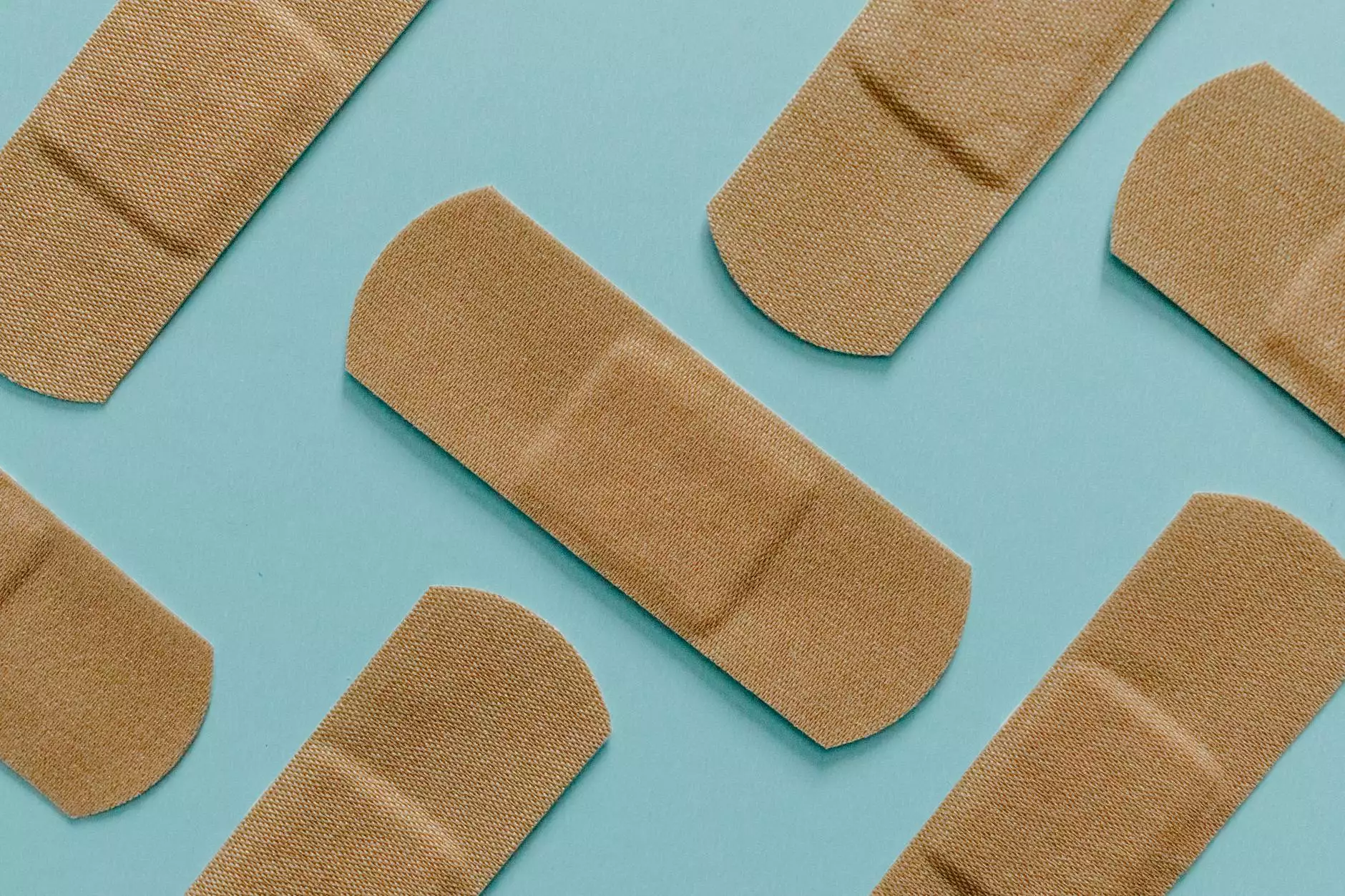Advil + Tylenol Better Than Opioids for Dental Pain
Orthopedic Surgery
The Importance of Managing Dental Pain
When it comes to dental pain, finding effective and safe relief is of utmost importance. Dental pain can be caused by various conditions such as tooth decay, gum infection, or post-operative discomfort. It is crucial to address this pain promptly to maintain oral health and overall well-being. At Bowling Orthopaedics, we understand the significance of managing dental pain in a manner that minimizes risks and maximizes benefits. This article explores how the combination of Advil and Tylenol can provide a better alternative to opioids for dental pain relief.
Understanding the Risks Associated with Opioids
Opioids, often prescribed for severe dental pain, are known for their strong analgesic properties. However, they carry significant risks, including the potential for addiction, respiratory depression, and adverse side effects. In recent years, there has been a growing concern about the overprescription and misuse of opioids, contributing to the opioid crisis plaguing our society. As a responsible healthcare provider, Bowling Orthopaedics emphasizes the importance of exploring safer alternatives for managing dental pain.
The Advantages of Advil and Tylenol Combination
Extensive research and clinical studies have shown that when used together, Advil (ibuprofen) and Tylenol (acetaminophen) can provide superior pain relief compared to opioids, demonstrating their effectiveness in dental pain management. These over-the-counter medications work through different mechanisms to target pain, reducing the need for opioids. Advil acts as a nonsteroidal anti-inflammatory drug (NSAID), reducing inflammation and providing analgesic effects, while Tylenol primarily works to reduce pain and fever.
How to Use Advil and Tylenol for Dental Pain Relief
Before incorporating Advil and Tylenol into your dental pain relief regimen, it is essential to consult with your dentist or healthcare professional. They can provide specific guidance based on your condition and medical history. However, a common approach recommended by many healthcare providers involves taking Advil and Tylenol together, but at staggered intervals. This allows for consistent pain relief while minimizing the potential side effects of each medication.
The Importance of Personalized Pain Management
Every individual's pain experience is unique, and what works for one person may not work for another. At Bowling Orthopaedics, we prioritize personalized pain management approaches tailored to each patient. Our experienced healthcare professionals take into account factors such as the severity of pain, medical history, and potential drug interactions to create an effective treatment plan. By combining our expertise with the proven benefits of Advil and Tylenol, we can offer effective dental pain relief without relying on opioids.
Additional Strategies for Dental Pain Relief
In addition to Advil and Tylenol, various non-pharmacological techniques can help manage dental pain. These include:
- Applying ice packs: Placing ice packs on the affected area can help reduce swelling and provide temporary relief.
- Rinsing with saltwater: Saltwater rinses can help soothe gum infections and reduce discomfort.
- Using numbing gels: Over-the-counter numbing gels can provide localized pain relief for specific areas.
It is important to note that these techniques serve as complementary methods and should not replace professional dental care. Consulting with a dentist at Bowling Orthopaedics is essential for a comprehensive dental pain management plan.
Conclusion
Dental pain can be debilitating and affect various aspects of daily life. However, relying solely on opioids for pain relief poses significant risks. Through years of medical advancements and research, it has been established that a combination of Advil and Tylenol offers a safer and effective alternative. At Bowling Orthopaedics, we prioritize patient well-being and are committed to providing excellent dental pain management services without relying on opioids. Contact us today to learn more about how Advil and Tylenol can help you achieve optimal dental pain relief.




